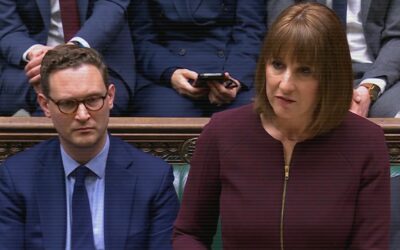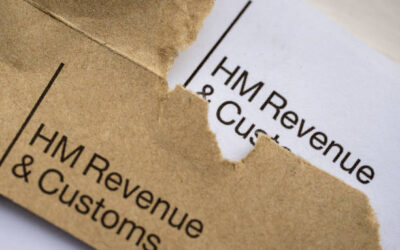The All-Party Parliamentary Group for Anti-Corruption & Responsible Tax and TaxWatch have published a joint report outlining how supposedly ‘legal’ tax avoidance could actually be prosecuted as tax fraud. The report explains that there exists a serious enforcement gap in HMRC’s approach to tackling tax fraud, whereby criminal tax behaviour is systematically dealt with through civil channels provided that it complies with the “rules of the game” i.e. it has the superficial appearance of “legal” tax avoidance.
This means that, even if the tax is recovered, the underlying criminal behaviour goes unpunished. The deterrent effect of the criminal offence of “cheating the public revenue” is therefore disapplied in this context by HMRC policy, with the consequence that unscrupulous advisers, promoters and enablers face no serious downside risk in selling this kind of behaviour to taxpayers. This leads to substantial revenue losses. We argue that HMRC should enforce the law of the land rather than merely the “rules of the game”.
Dame Margaret Hodge MP, Chair of the APPG on Anti-Corruption & Responsible Tax, said:
The myth that tax avoidance is legal and tax evasion is illegal is a false distinction which is reinforced by the tax industry and HMRC’s feeble approach to enforcement. Our bold new paper attempts to explode these myths and recommends that HMRC should be enforcing existing criminal law by prosecuting the enablers of the most aggressive tax avoidance. HMRC should be enforcing the laws of the land, not the rules of the “tax fraud game” that let tax avoiders and their enablers off the hook. We need a real deterrent to stop bad behaviour or these tax cheats will continue to flout the rules while most taxpayers struggle with the cost of living crisis.
At a launch event in Parliament on 25th October for the new report, Putting a Stop to the Tax Fraud Game, senior Parliamentarians, a Shadow Minister, academics and practitioners called on government to urgently close loopholes which allow egregious tax fraud to go unpunished. The paper argues the following:
- Much that is claimed to be “legal” tax avoidance is actually criminal tax fraud. The relevant criminal offence – ‘cheating the public revenue’ – is extremely wide and could include tax avoiders and the advisers that devise, market and enable tax avoidance schemes.
- HMRC prioritises cases where there is clear “active deception”, like hiding information or falsifying documents.
- Because of this, tax advisers know they can recommend ineffective tax avoidance schemes with impunity, provided they comply with the notional “rules of the game” by making a cursory effort to present it as legal, with no “active” deception or concealment.
- Lack of fear of criminal sanction removes any real deterrent to this behaviour and so tax fraud, including supposedly “legal” tax avoidance, goes largely unpunished.
- HMRC cannot keep up with better-resourced lawyers and accountants concocting potentially fraudulent avoidance schemes for their clients, and so many succeed without so much as a second glance, leading to major revenue losses and the undercutting of our public services, like the NHS and police.
- The focus of a change in policy in this area should be on the unscrupulous promoters and advisers who are the root cause of the problem by bringing forward more criminal prosecutions against these enablers.
Dame Margaret continued:
For me, tax lies at the heart of the social contract. During this time of crisis after crisis, it has seldom been more important for our country to come together and pull in the same direction – toward security and prosperity for all. We must all pay into the common pot, for the common good, in order to fund the public services and infrastructure that we all rely on, including our NHS, our schools, and our roads. Any person or company that attempts to dodge paying their fair share – the tax avoiders and evaders – should be met with the full force of the law.
Alex Dunnagan, Acting Director of TaxWatch said:
The idea that tax avoidance is legal, and that tax evasion is illegal, has done untold damage to the state of taxation in the UK. Pursuing tax avoidance as a civil matter when there has clearly been fraudulent behaviour, does not act as a deterrent. Put simply, HMRC should pursue tax fraud for what it is – a crime. Laws already exist to prosecute those committing tax fraud. HMRC should use them.
The report can be found as a webpage here, and as a PDF here.



